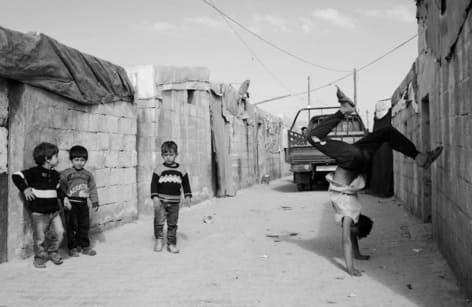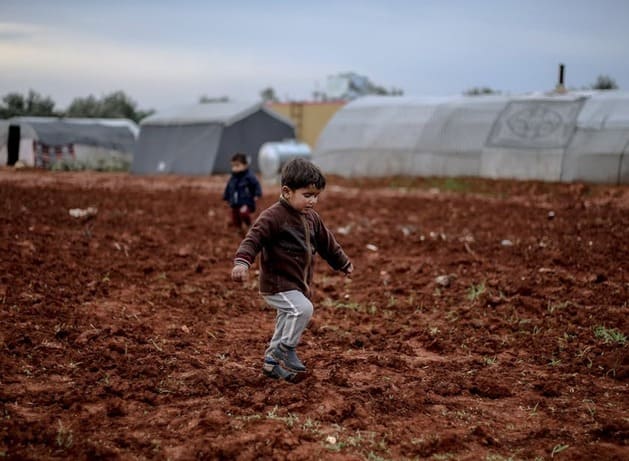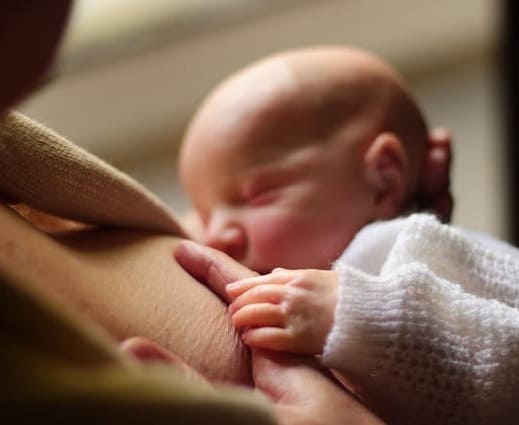Parenting in a War Zone: Helping Children Cope Crisis
In times of war and armed conflict, parents face the extraordinary challenge of not only ensuring their children’s physical safety but also protecting their emotional and psychological wellbeing. When crisis surrounds your family, these strategies can help you provide stability and support for your children during the most difficult circumstances.

Understanding Your Child’s Experience
Children experiencing war firsthand will have direct exposure to frightening sights, sounds, and disruptions to daily life. Their reactions may range from obvious distress to surprising resilience, but all children need extra support during these times.
Begin by creating moments of connection whenever possible. Even amid chaos, try to find quiet times to check in with your child about what they’re experiencing, seeing, and feeling. Young children might express themselves through play or drawing, while older children may have more direct questions or observations.
Remember that children’s understanding of danger is different from adults’. Younger children may be confused about what is happening and why, while older children and teens might be processing complex emotions about justice, safety, and their future.
Even in a war zone, children have a right to know what’s happening around them, but adults have a responsibility to provide this information in ways that don’t add unnecessary trauma.
Maintaining Calm in Crisis
As a parent in a conflict zone, you’re managing your own fear and stress while trying to be a source of stability for your children. This is perhaps the most difficult balancing act of wartime parenting.
Children take emotional cues from adults, so try to maintain composure when you’re with them, even if you must process your own emotions privately or with other adults. This doesn’t mean hiding the reality of your situation, but rather presenting information in age-appropriate ways while modeling healthy coping.
When discussing current events with your child:
- Use simple, direct language appropriate for their age
- Avoid graphic details while still being truthful
- Acknowledge uncertainty when you don’t know what will happen next
- Reassure them that keeping them safe is your priority
- Create predictable routines wherever possible, even in shelter situations
Finding Safety in Relationships
When physical safety cannot be guaranteed, emotional safety becomes even more crucial. Your consistent presence and comfort can become a child’s anchor amid upheaval.
Practice physical calming techniques together, such as:
- Deep “belly breathing” exercises (inhale for 5 seconds, exhale for 5 seconds)
- Gentle physical touch or hugs when appropriate
- Creating physical “safe spaces” even in temporary shelters (a special blanket or corner)
- Simple body movement activities when space allows
These physical regulation techniques can help manage the physiological aspects of trauma and stress that both you and your children may experience.
Maintaining Humanity Through Compassion
In war zones, children may be exposed to dehumanizing language about “enemies” or witness acts of violence. Help them retain their sense of shared humanity by:
- Avoiding labels like “bad people” or “evil” when discussing the conflict
- Highlighting acts of kindness and help that continue even during war
- Acknowledging that people on all sides include families just like yours
- Creating opportunities, when safe, for your child to help others
These approaches can prevent the development of lasting prejudice and help children maintain hope in humanity’s fundamental goodness, even when surrounded by evidence to the contrary.
Creating Moments of Normality
Children need structure and routine, especially when everything else feels chaotic. Try to:
- Maintain regular mealtimes when possible
- Continue education in whatever form is viable
- Preserve cultural traditions and celebrations
- Create daily rituals, even simple ones like a special goodnight phrase
- Allow time for play, which is how children process experiences
Even brief moments of normality can provide crucial psychological respite from the constant stress of conflict.
Managing Media and Information
In conflict zones, information can be both vital for safety and potentially traumatizing. Consider:
- Limiting children’s exposure to graphic images and frightening news reports
- Discussing information from various sources critically with older children
- Being honest about threats while emphasizing what is being done for protection
- Correcting misinformation that may increase fear or prejudice
For older children and teens who have access to social media or news, help them process what they’re seeing and hearing, and teach them to recognize propaganda and misinformation.
Supporting Children Through Loss and Grief
Tragically, children in war zones may experience profound losses—of homes, community, loved ones, and their sense of security. When supporting a grieving child:
- Allow and validate all emotions without judgment
- Provide simple, honest explanations about death appropriate to their development
- Maintain connections to lost loved ones through stories and memories
- Create meaningful but simple mourning rituals when circumstances allow
- Reassure them that your love and care remains constant
Caring for Yourself as a Caregiver
Perhaps the most important yet challenging aspect of parenting in a war zone is sustaining your own capacity to provide care. When possible:
- Connect with other adults for mutual support
- Take brief moments for self-regulation and emotional processing
- Practice basic self-care whenever circumstances allow
- Accept help from humanitarian organizations when available
- Remember that your presence alone is meaningful to your child
Your ability to function as a parent directly impacts your child’s wellbeing, making self-care not selfish but essential.
Finding Hope Amid Destruction
Even in the darkest circumstances, children benefit from glimpses of hope and possibility. Help them notice:
- Signs of humanity and kindness that persist
- Their own strength and resilience
- The natural world that continues despite human conflict
- Small improvements in situations when they occur
- Plans for the future, even with necessary flexibility
Maintaining hope isn’t about denying reality but about recognizing that crises, even wars, eventually end, and that meaning can be found even in suffering.
When Professional Help is Needed
Some children may develop severe trauma responses that require professional intervention when it becomes available. Watch for:
- Persistent nightmares or flashbacks
- Prolonged regression to earlier developmental behaviors
- Withdrawal from all relationships
- Self-harm or suicidal thoughts
- Extreme aggression or violence toward others
If you observe these symptoms, seek professional help when accessible through humanitarian organizations, medical facilities, or refugee services.

Conclusion
Parenting during war demands extraordinary courage and resilience. By providing emotional safety, maintaining connection, and preserving humanity amid inhumane circumstances, parents can buffer some of war’s most damaging effects on children. Your presence and care matter profoundly, even when everything else feels beyond control.
This blog post is dedicated to parents worldwide who nurture and protect children amid unimaginable circumstances. Your efforts to preserve childhood during war represent humanity at its most noble.





